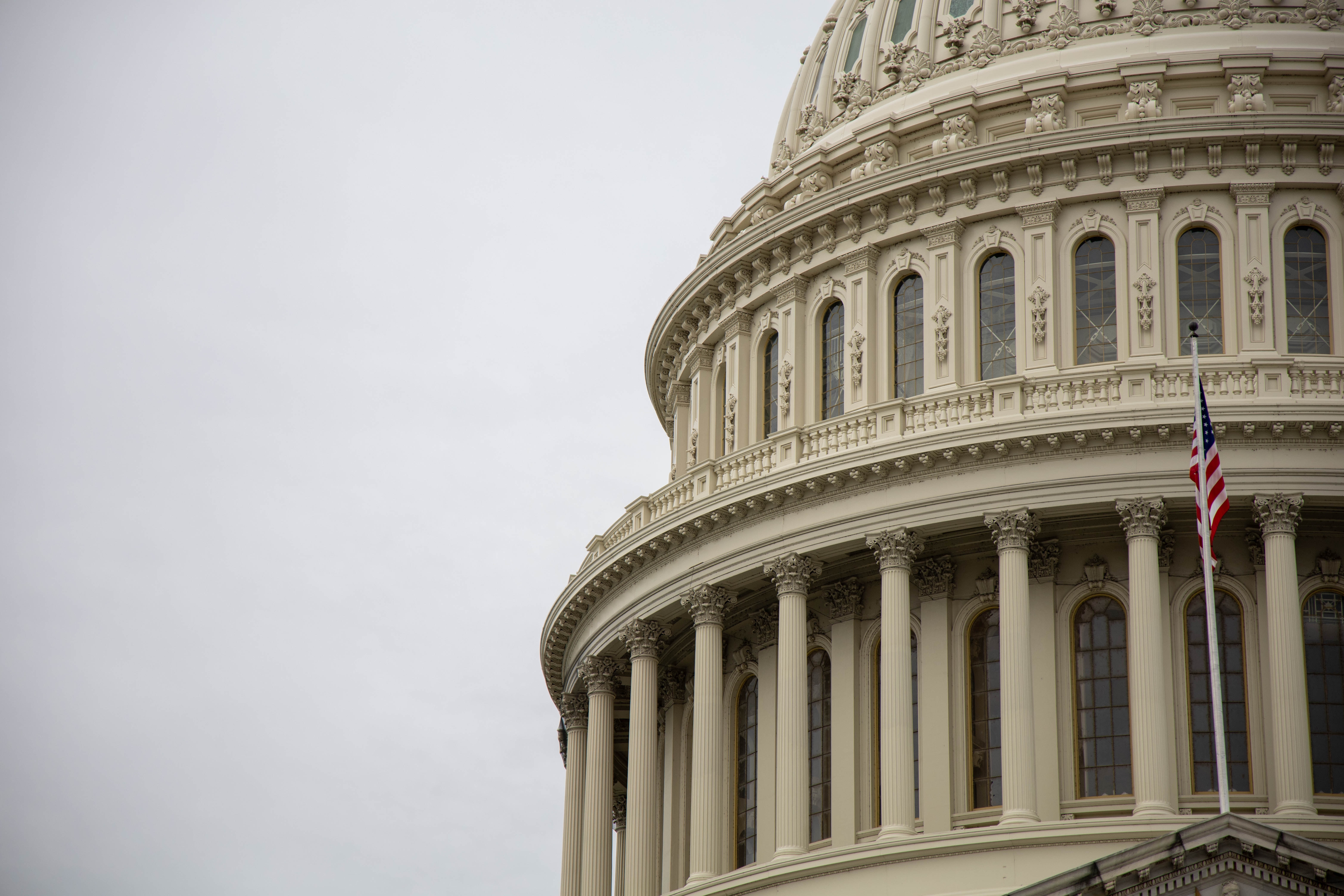The American political landscape is marked by its dynamic and often volatile nature. As we move closer to the 2024 Presidential Election, speculation is rife about possible outcomes. Would former President Donald Trump or former President Joe Biden come out on top if the election were held today? While the answer is far from certain, recent polling data provides valuable insights into the current political climate.
To understand the potential election outcome, it's important to consider both nationwide and state-specific polls, which offer a more granular view of voter preferences. It's equally important to remember that polls, while useful, are snapshots of specific moments in time and may not perfectly predict future outcomes. They are influenced by a myriad of factors and can fluctuate due to changes in public sentiment, major news events, and other variables.
Let's delve into the polling data from May 2023.
One of the most recent polls, conducted by Yahoo News on May 10, presents a closely contested race on a national level. Biden holds a slim lead over Trump, with 45% support compared to Trump's 43%. This slim margin underscores the deep political polarization in the United States, a phenomenon that has characterized the last few election cycles. While Biden has the edge in this poll, it falls within the margin of error, suggesting that the race is effectively a toss-up.
Contrast this with the ABC News/Washington Post poll from May 7, which paints a different picture. In this poll, Trump has 45% support, while Biden lags behind at 39%. This six-point lead for Trump suggests that despite the turbulence of his presidency and the controversy that followed, he retains substantial support among a significant segment of the population.
Drilling down to state-specific polls, we see this trend of a closely contested race continue. For instance, a Nevada Independent poll conducted on May 2 shows Biden leading by 8 points in Nevada. As a swing state, Nevada often reflects the national sentiment and has accurately picked the winner in nine of the last ten elections. Biden's lead here could be indicative of his potential to perform well nationwide.
However, it's not all good news for Biden. A Vanderbilt University poll from May 4 shows Trump holding a commanding lead in Tennessee, with 42% support to Biden's 26%. This 16-point lead underscores Trump's enduring appeal in traditionally Republican strongholds.
To further illustrate the divided nature of the American electorate, the Economist/YouGov poll from May 3 shows a dead heat between Trump and Biden, with both candidates securing 46% of voter preference. This tie is a stark reminder of the deeply entrenched political divisions within the U.S., making the prediction of a clear winner all the more challenging.
A comparison of these polls reveals a highly competitive race. Trump demonstrates consistent strength, particularly in traditionally Republican-leaning states. However, Biden's performance in key swing states, as demonstrated in the Nevada poll, could be a bellwether for his broader nationwide support, crucial for securing a win in the Electoral College.
Let's turn our attention to the tables summarizing the polls considered in this analysis:
To get a broader perspective, we can consider the average of these polls in a 'poll of polls'. This methodology averages the support for each candidate across multiple polls, giving us another way to gauge their relative standing.
Again, we see that the race is quite close. The average support for Trump across these five polls is 43.2%, while Biden's average support is slightly lower at 40.8%. This underlines the fact that, if the election were held today, it could feasibly go either way.
The 2024 Presidential election, much like the previous ones, will likely be shaped by a host of factors beyond these early poll numbers. The policy successes and failures of the Biden administration, the state of the economy, international events, and other unforeseen circumstances will all play a role. Furthermore, the candidates' campaign strategies, messages, and their ability to mobilize their respective bases will be crucial.
While Trump's strength in traditionally Republican-leaning states is evident, winning the presidency requires more than just solidifying the base. It involves appealing to independents and moderates, winning over swing states, and making inroads into the opposition's territory. The fact that Biden is leading in Nevada, a crucial swing state, is a positive sign for him.
On the other hand, Biden's task will be to maintain his support in swing states and try to cut into Trump's lead in Republican-leaning states. His current average support is slightly lower than Trump's, suggesting that he may need to work on bolstering his standing among voters.
In conclusion, predicting the outcome of the 2024 Presidential election is a complex task. The polls give us a snapshot of the current state of play, showing a closely contested race between Trump and Biden. However, they are not definitive and will likely shift as the political landscape evolves. The real decider will be the American people, who will cast their votes on Tuesday, November 5, 2024. Until then, we can only analyze, anticipate, and await the unfolding of this intriguing political drama.










